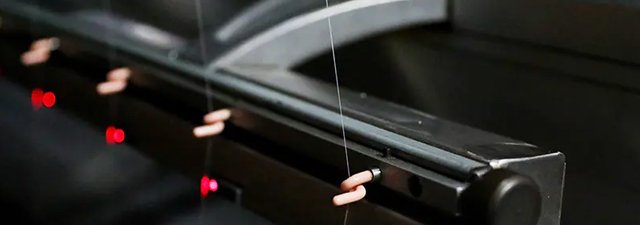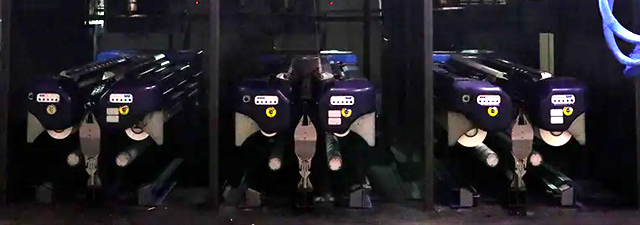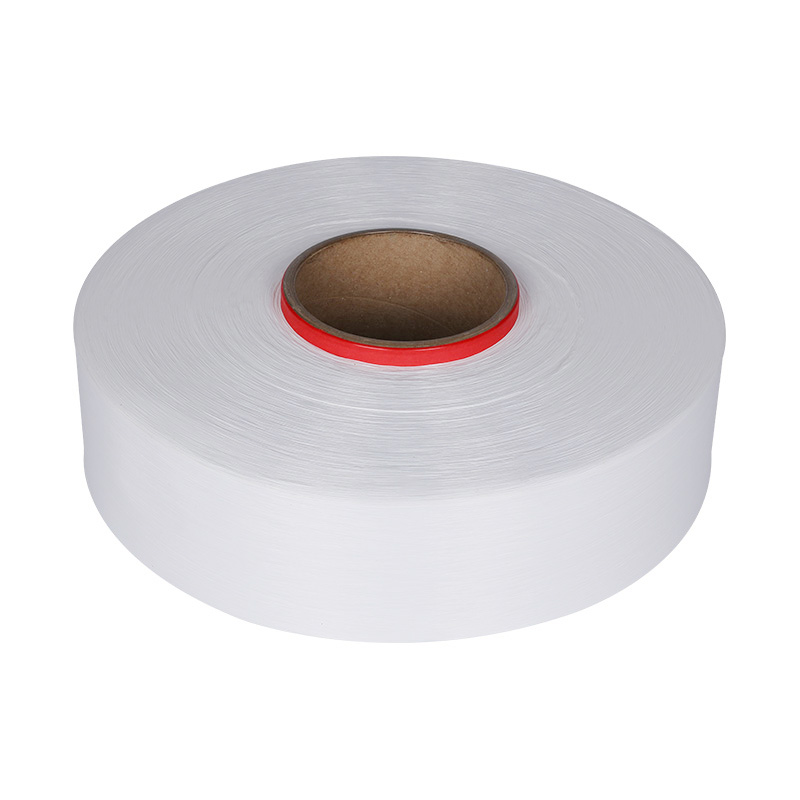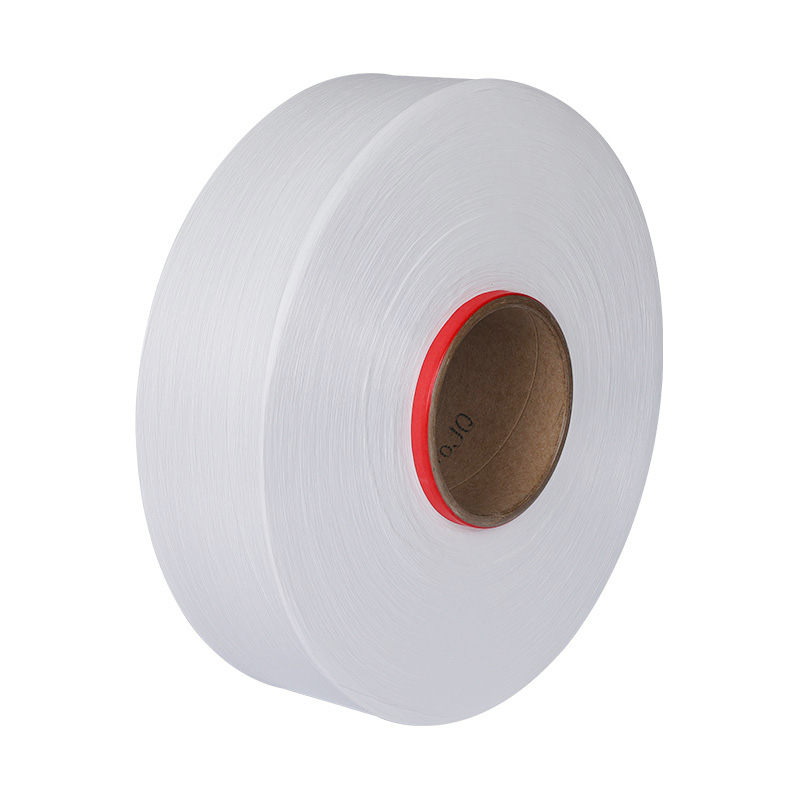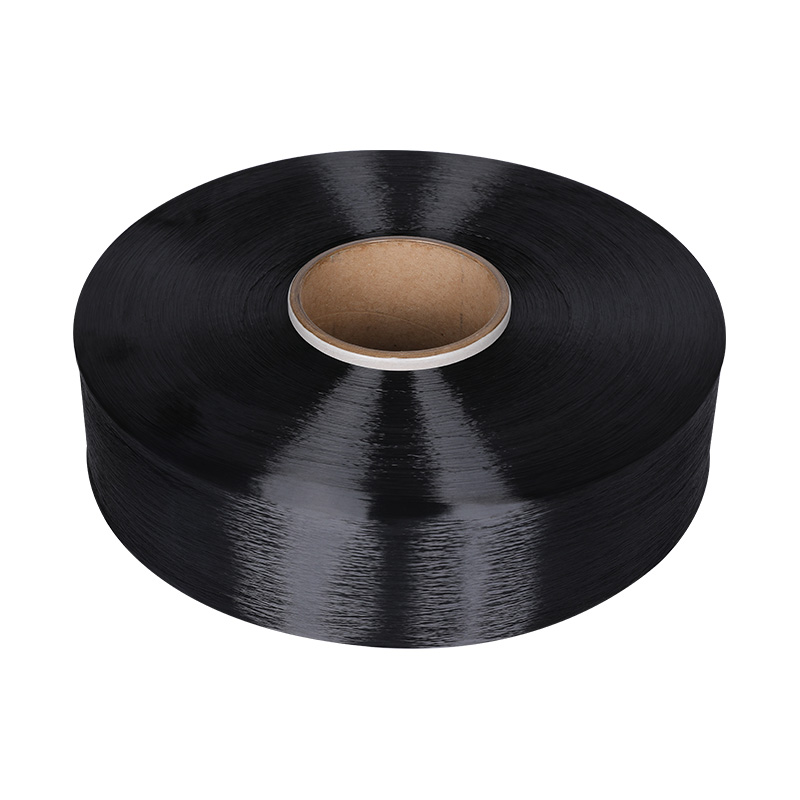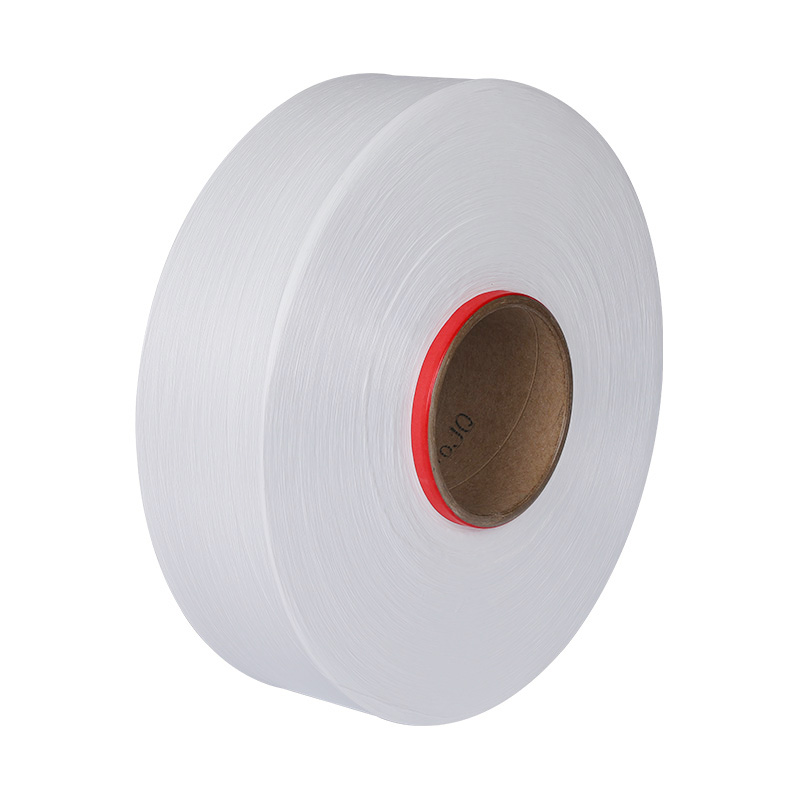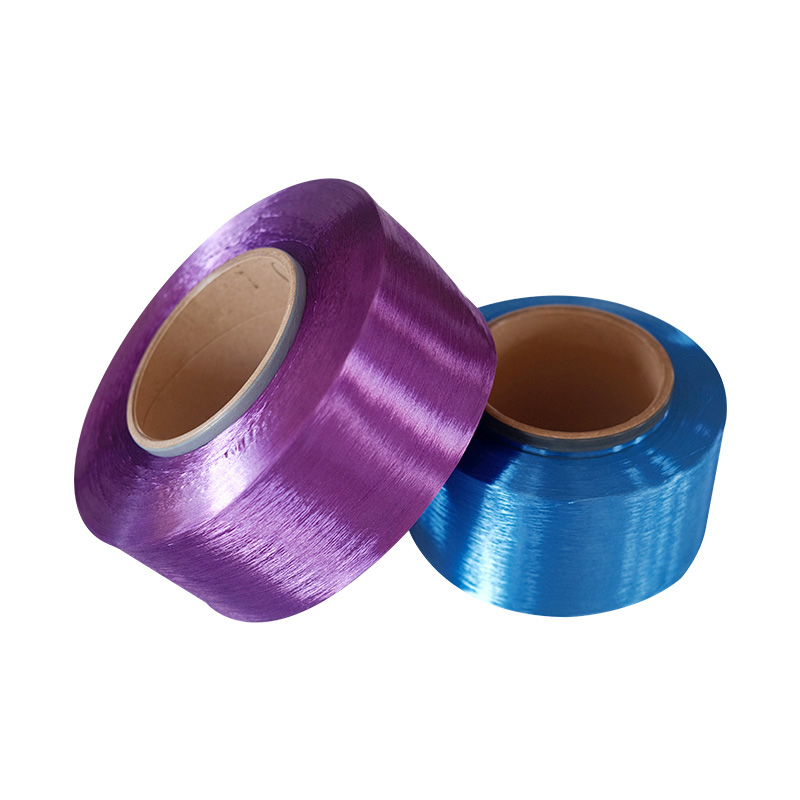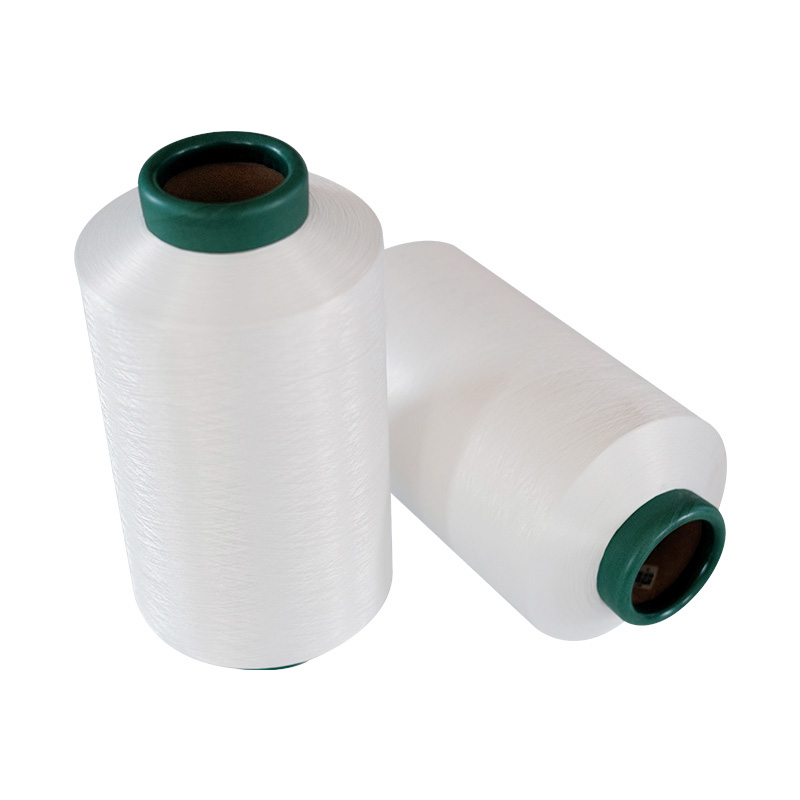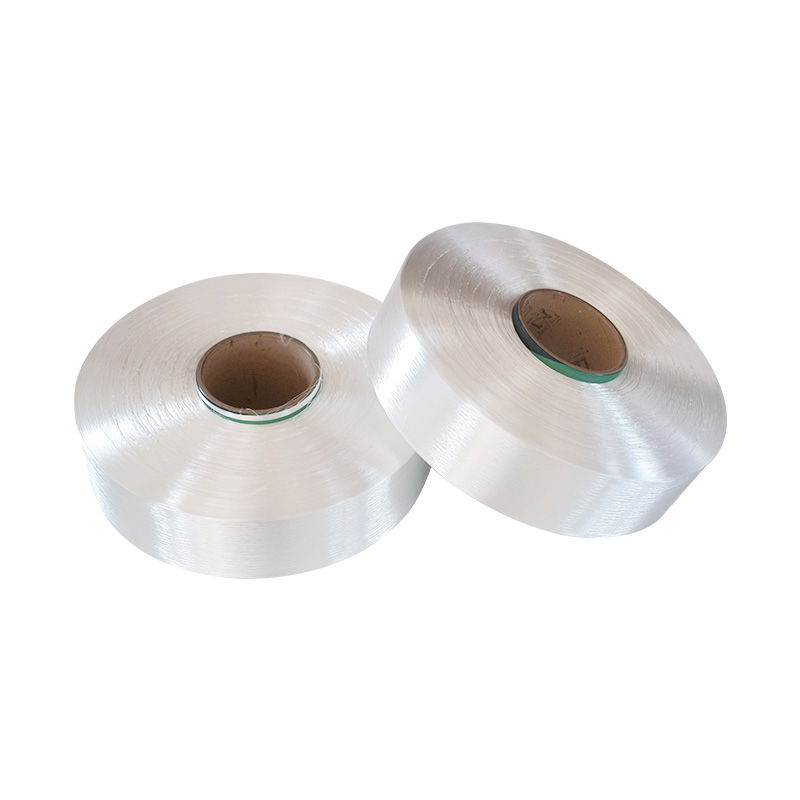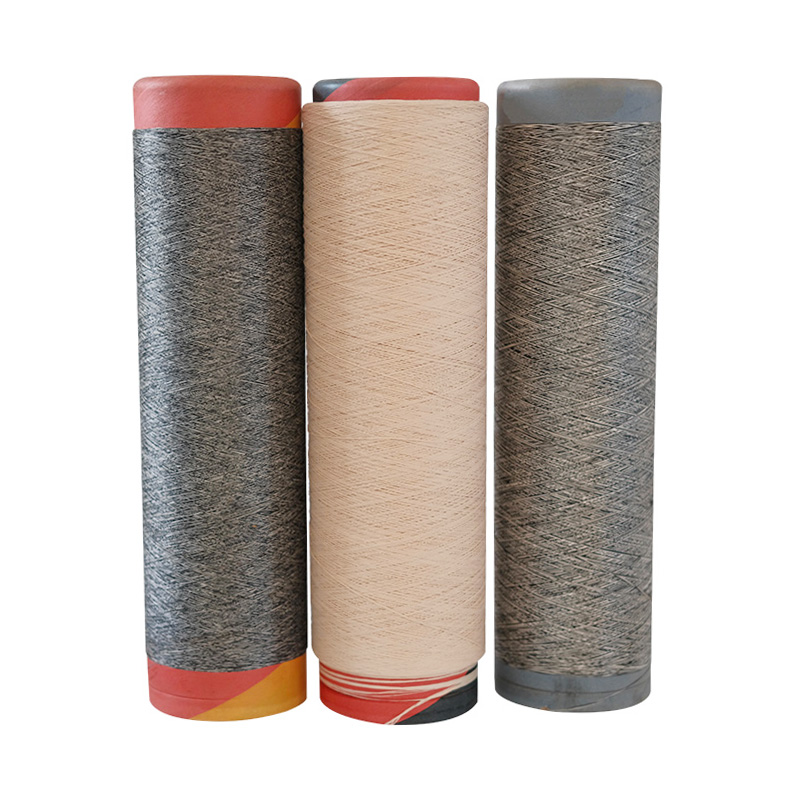Introduction
The textile industry faces increasing pressure to adopt sustainable practices due to environmental concerns such as waste generation, water consumption, and carbon emissions. As consumers and manufacturers become more aware of these challenges, the demand for eco-friendly materials has grown significantly. One innovative solution that addresses both sustainability and performance is the Recycled yarn series. This series of fibers not only repurposes post-consumer materials but also supports a circular production system, offering an environmentally responsible alternative to conventional yarns.
What is the Recycled Yarn Series
The Recycled yarn series represents a new generation of sustainable fibers designed to reduce environmental impact while maintaining high performance for textile applications. Unlike conventional yarns, which rely on virgin materials, the recycled yarn series is made from 100% post-consumer PET (polyethylene terephthalate), commonly collected from plastic bottles and other used PET products. This approach transforms waste into a valuable raw material, promoting a circular economy in the textile industry.
One of the key features of the recycled yarn series is its production within a closed-loop textile system. In such a system, materials are continuously recycled and reintroduced into the manufacturing process, minimizing waste and resource consumption. This closed-loop methodology also aligns with global sustainability standards, such as the Global Recycled Standard (GRS), ensuring that the yarns meet strict environmental and social criteria.
Key Characteristics
- Environmental Friendliness – By reusing post-consumer PET, the recycled yarn series significantly reduces landfill waste and carbon footprint.
- High Performance – Despite being made from recycled materials, the yarn maintains strength, durability, and color retention comparable to conventional yarns.
- Versatility – Suitable for fashion apparel, home textiles, and technical fabrics, the recycled yarn series can adapt to a wide range of applications.
- Certifications – GRS certification provides verification that the yarn is responsibly sourced and produced under ethical conditions.
Comparison Table: Recycled Yarn Series vs Conventional Yarn
| Feature | Recycled Yarn Series | Conventional Yarn |
|---|---|---|
| Material Source | 100% Post-consumer PET | Virgin synthetic fibers |
| Environmental Impact | Low – reduces landfill waste & CO₂ | High – significant energy & waste |
| Production System | Closed-loop recycling | Linear, resource-intensive |
| Durability | High – comparable to conventional | High |
| Certifications | GRS certified | Rarely certified |
| Applications | Apparel, home textiles, technical fabrics | Apparel, general textiles |
Environmental Benefits of the Recycled Yarn Series
The Recycled yarn series is more than just a sustainable alternative; it represents a measurable step toward reducing the environmental footprint of the textile industry. Traditional textile production relies heavily on virgin fibers, which consume large amounts of water, energy, and raw materials. In contrast, the recycled yarn series, made entirely from post-consumer PET, offers substantial environmental advantages.
Reduced Carbon Footprint
One of the most significant benefits of using recycled PET yarn is the reduction in carbon emissions. Manufacturing virgin PET fibers requires high energy input, leading to considerable greenhouse gas emissions. By reusing post-consumer PET, the recycled yarn series can reduce CO₂ emissions by approximately 50-60% compared to conventional polyester yarns.
Water and Energy Savings
Water consumption is another critical environmental factor in textile production. The recycled yarn series reduces water usage by 30-40% since it bypasses several water-intensive steps involved in virgin fiber production. Additionally, energy consumption is lowered due to the closed-loop recycling process, making it an energy-efficient solution for sustainable textiles.
Waste Reduction
Using post-consumer PET helps divert plastic waste from landfills and oceans. The recycled yarn series transforms discarded bottles and packaging into high-quality fibers, supporting the circular economy. This contributes to both waste reduction and resource conservation.
Comparison Table: Environmental Impact
| Impact Factor | Recycled Yarn Series | Conventional Polyester Yarn |
|---|---|---|
| CO₂ Emissions | 50-60% lower | High |
| Water Usage | 30-40% lower | High |
| Energy Consumption | Moderate (closed-loop) | High |
| Waste Reduction | Converts PET waste into yarn | No waste utilization |
| Circular Economy Contribution | Strong | Minimal |
Technology & Certification of the Recycled Yarn Series
The Recycled yarn series relies on advanced technology and rigorous certification processes to ensure both sustainability and performance. Unlike conventional yarns, which are produced linearly from virgin materials, recycled yarns are manufactured using a closed-loop textile system that emphasizes material recovery, quality control, and environmental responsibility.
Production Process
- Collection and Sorting – Post-consumer PET, such as bottles and packaging, is collected and carefully sorted to remove contaminants.
- Cleaning and Shredding – The sorted PET is washed and shredded into small flakes, ensuring the removal of labels, adhesives, and impurities.
- Melting and Extrusion – PET flakes are melted and extruded into fibers using specialized spinning technology. This process ensures uniform fiber strength and quality.
- Yarn Formation – Extruded fibers are spun into yarn, maintaining properties such as tensile strength, elasticity, and color retention comparable to virgin fibers.
- Quality Control and Certification – Each batch undergoes rigorous testing for fiber consistency, durability, and environmental compliance before earning certifications such as GRS (Global Recycled Standard).
Key Advantages of the Technology
- Closed-loop Recycling – Minimizes waste and energy usage compared to traditional linear production.
- High-quality Fibers – Maintains strength, durability, and dyeability similar to conventional polyester yarns.
- Sustainable Verification – GRS certification guarantees that the yarn meets strict environmental and social criteria.
Comparison Table: Production Parameters
| Parameter | Recycled Yarn Series | Conventional Polyester Yarn |
|---|---|---|
| Material Source | 100% Post-consumer PET | Virgin PET |
| Recycling System | Closed-loop | Linear, non-recycled |
| Energy Consumption | Moderate | High |
| Water Usage | Reduced (cleaning & extrusion) | High |
| Quality Consistency | High | High |
| Certification | GRS Certified | Rarely certified |
| Fiber Properties | Strength, elasticity, color retention | Strength, elasticity, color retention |
Applications of the Recycled Yarn Series
The Recycled yarn series is highly versatile and can be used in a wide range of textile applications. By combining sustainability with performance, these yarns meet the needs of both manufacturers and consumers who prioritize eco-friendly products.
Fashion Apparel
Recycled PET yarns are ideal for fashion and sportswear. They can be used in:
- T-shirts, sweaters, and jackets
- Activewear and athleisure
- Accessories such as scarves and hats
These fibers maintain durability, colorfastness, and comfort while reducing environmental impact. Using the recycled yarn series in apparel allows designers to create stylish garments that align with sustainable fashion trends.
Home Textiles
In addition to clothing, recycled yarns are increasingly applied in home textiles:
- Bedding, sheets, and pillowcases
- Curtains and upholstery fabrics
- Rugs and decorative fabrics
The durability and softness of recycled fibers make them suitable for everyday household items, ensuring longevity and minimal environmental footprint.
Technical and Industrial Fabrics
The recycled yarn series is also suitable for technical applications, including:
- Automotive textiles
- Industrial filtration fabrics
- Packaging materials
These applications benefit from the strength, stability, and consistent quality of recycled PET yarns, demonstrating that sustainability does not compromise performance.
Comparison Table: Applications and Advantages
| Application Area | Advantages of Recycled Yarn Series | Environmental Benefit |
|---|---|---|
| Fashion Apparel | Durability, color retention, comfort | Reduced carbon footprint and waste |
| Home Textiles | Softness, longevity, versatility | Lower water and energy consumption |
| Technical Fabrics | High strength, stability, consistent quality | Supports circular economy |
Conclusion
The Recycled yarn series represents a significant step forward in creating a more sustainable and responsible textile industry. By transforming post-consumer PET into high-quality fibers, this series not only reduces waste and environmental impact but also maintains the performance, durability, and versatility expected in modern textiles.
From fashion apparel to home textiles and even technical fabrics, the recycled yarn series demonstrates that eco-friendly materials can meet both functional and aesthetic demands. Its integration into a closed-loop textile system ensures efficient resource use, while GRS certification provides transparency and trust, confirming that sustainability is not compromised at any stage of production.
By choosing products made with the recycled yarn series, manufacturers, designers, and consumers contribute to a circular economy, reduce carbon emissions, and support responsible material sourcing. This approach embodies the future of textile production: one where environmental responsibility and high-quality performance go hand in hand.
Ultimately, the recycled yarn series is not just a product—it is a commitment to a more sustainable, innovative, and eco-conscious world, proving that high-performance textiles and environmental stewardship can coexist.
FAQ
Q1: What materials are used in the Recycled Yarn Series?
A1: The Recycled yarn series is made from 100% post-consumer PET, such as discarded bottles and packaging materials. These fibers are processed through a closed-loop textile system, ensuring high-quality performance while minimizing environmental impact.
Q2: How does the Recycled Yarn Series benefit the environment?
A2: Using the Recycled yarn series helps reduce landfill waste, lower carbon emissions, and conserve water and energy compared to conventional yarns. Its integration into a circular production system supports sustainable textile manufacturing and contributes to a more eco-friendly industry.
Q3: Who manufactures the Recycled Yarn Series?
A3: The Recycled yarn series is produced by Zhejiang Yuwei Chemical Fiber Co., Ltd., established in 2005. The company combines research and development, production, and sales as a modern high-tech enterprise. With advanced production equipment, a strong R & D team, and a strict quality management system, Zhejiang Yuwei Chemical Fiber Co., Ltd. focuses on innovative, high-quality fiber products for global customers.
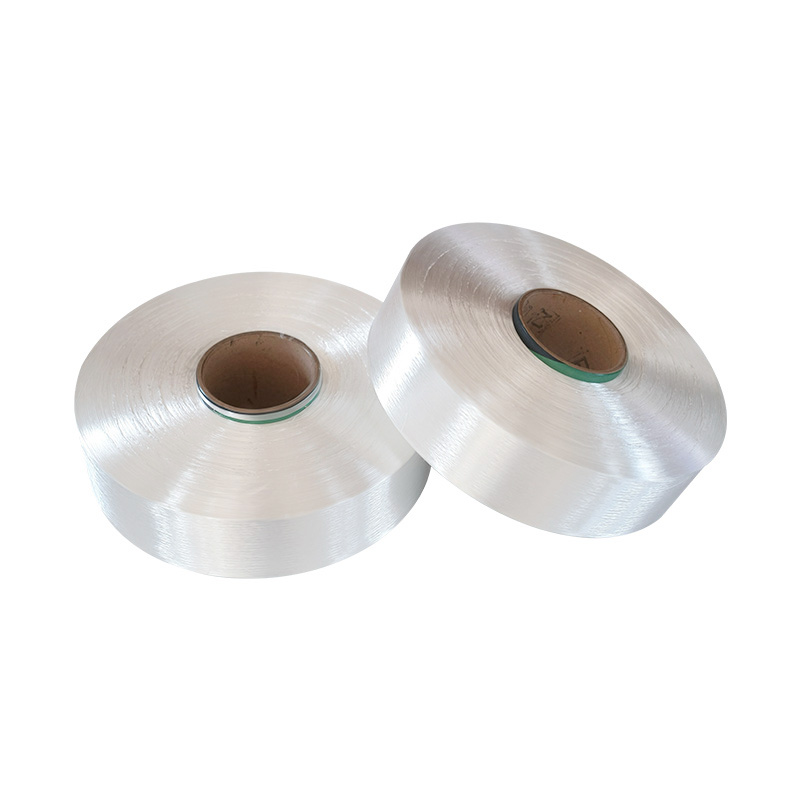
 +86-0571-82795522
+86-0571-82795522 
 LANGUAGE
LANGUAGE 
 English
English